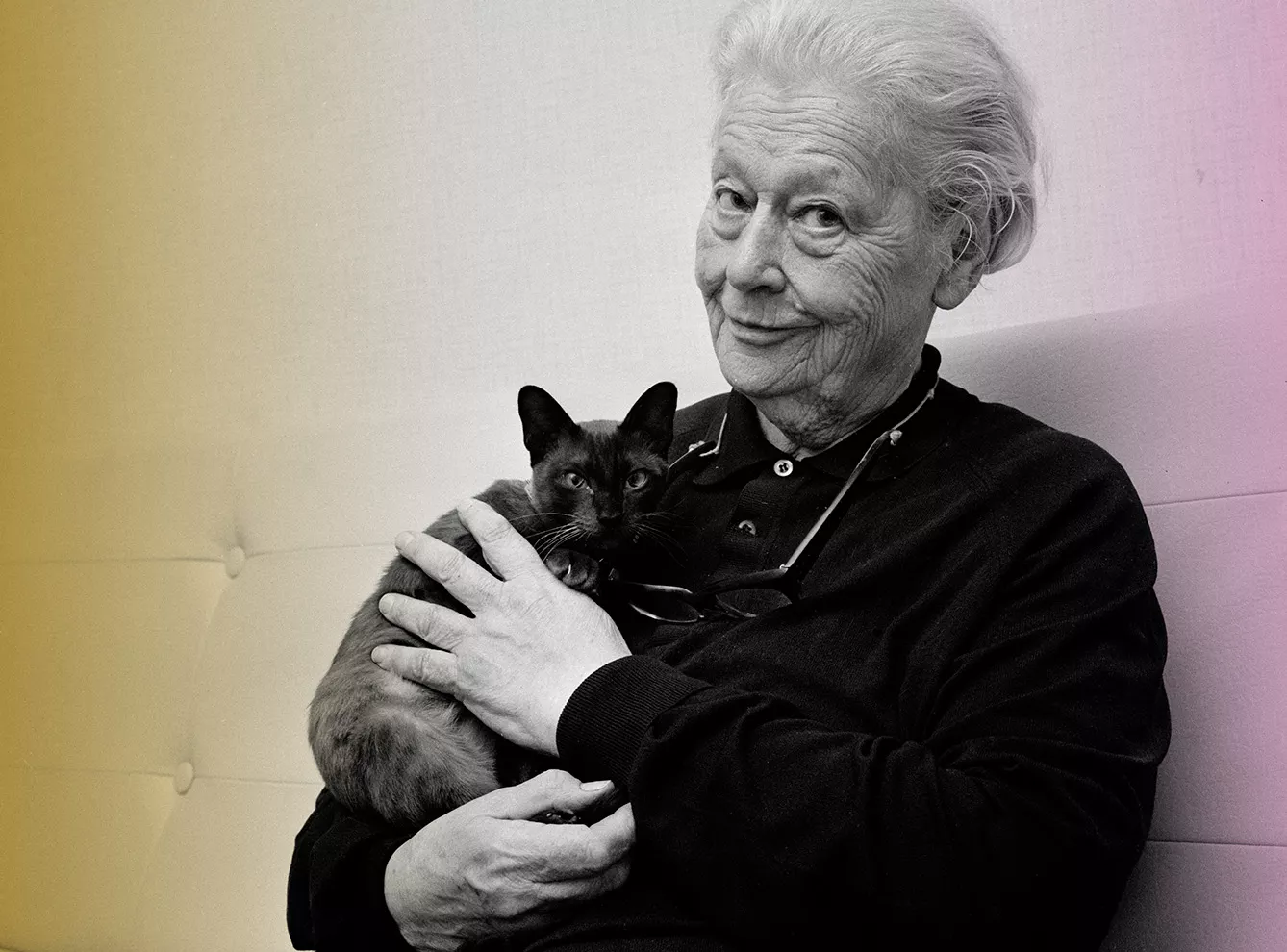What would happen to you after seven years spent in entire loneliness? Most of us would perhaps assume that an inevitable end to it is imminent madness, entrapment in our mind that, especially lacking additional stimuli, launches a vortex of thoughts on its own.
The curious case of Edith Bone
This is what makes the curious case of Dr. Edith Bone, a Hungarian scientist who, at one point in her life, found herself incarcerated by the Communist Hungarian regime on the charge of espionage.
Born in Budapest in 1889, she was described as “an intelligent – if disobedient – child,” which may point to her neurodivergence. Before World War One, she managed to graduate from Budapest University, so after the war broke out, she took her duties in a military hospital.
She was a devoted communist (with a socialist approach shaped to some extent by observing World War One cannon fodder) but lived and worked in Germany and later in England. In late 1940s Hungary, this was enough to spark suspicion. When she returned to Hungary in 1949, aged sixty, as a British communist newspaper correspondent, she was arrested on her way back to England and put under investigation.
In Budapest’s communist headquarters – now a House of Terror Museum – Edith Bone was presented with charges: espionage for England and interrogated on her instructions from the Secret Service. She was supposed to be imprisoned for as long as it took to share them. But there were none.
So, she was: in a basement cell, barely larger than her bed, dark, damp, with walls covered with fungus, undernourished, and – finally, seeing no one but prison guards in passing, for seven years and fifty-nine days, and some interrogation and torture. At one time – without light for six months.
Seven years of solitude
But it is not the regime’s unusual stubbornness to interrogate one victim for seven long years that makes the story. Edith Bone was stubborn, yes, but never broken. Occasionally mocking prison guards and resisting creative and professional tortures, refusing to speak Hungarian (instead offering German, French, Italian, English, or Russian), she also managed to stay sane for seven years.
When she finally left prison in the aftermath of the 1956 Budapest Uprising, she shared her methods with journalists. And the methods were all in her mind: not having any outer world to enjoy, she (re)created one in her head that was the actual world and not some sort of solipsist confinement.
She would recite any poem she knew, translating it into all the languages she knew. Sometimes she would “write” a poem herself. She took imaginary tours of the routes she knew – stepping silently in her cell while projecting the image of the tour in her head.
At one point, she took a trip to her home in London – counting the distance passed without moving and resuming the excursion where she’d left it. With beads of stale bread and branches from a broom she was given to clean her cell, she would make a calculating device to engage in mathematics. She recreated her whole vocabulary in her head, just enumerating words she knew, one after another, in all her languages.
As she describes it, she left the prison “a little wiser and full of hope.” Her “Seven Years Solitary” was published a year after her dismissal from prison in 1957. Judith Bone denounced communism, as she felt betrayed both by its Hungarian installation and by colleagues from Britain. Still, on this soil, she died in 1975, having lived undefeated, 18 long years after her Orwellian adventure, when she remained sane just by giving her mind a proper feed.







